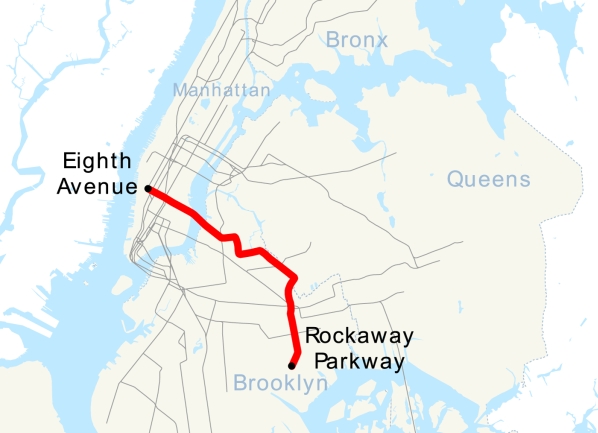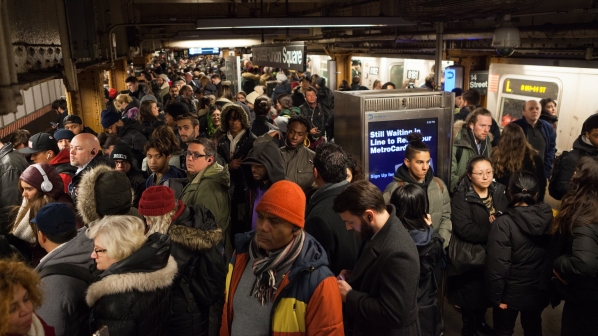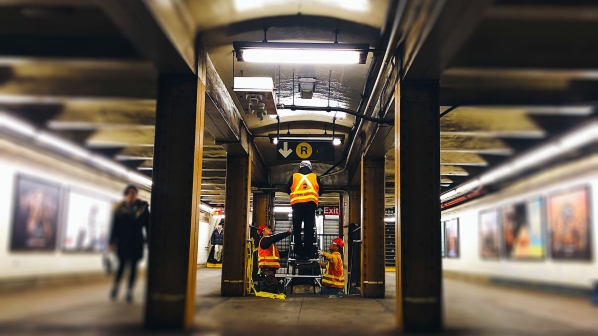MTA and PFNYC launched the accelerator last year to canvas technologies designed to minimise delays and modernise the city’s system. More than 100 companies applied with six finalists, including Veovo, selected to take part, resulting in four pilot projects.
The passenger detection system will be rolled out on the L-train line in the coming months, coinciding with the Canarsie tunnel reconstruction.

Veovo uses a combination of sensor technologies and deep learning algorithms to provide a real-time overview of passenger volumes, following how they move within and between stations, average wait time, and the occupancy on trains. The solution also takes into account changes in the timetable, delays and other operational issues to provide pre-emptive alerts of potential overcrowding at stations, allowing the operator to take preventive measures.
As well as live reporting, the data can be used to detect and predict irregularities, such as conversions, repairs, incidents or delays, which allow the operator to mitigate their impact on passenger flows by deploying staff to stations, changing services and planning more efficient station designs.

Veovo says the data could also be shared with passengers to allow them to better plan their trips, providing a more even spread across the network.
Veovo, which is based in Auckland, has already installed its system in stations in New Zealand, Italy and The Netherlands, as well as airports in Cincinnati, Amsterdam, Manchester and Auckland.

